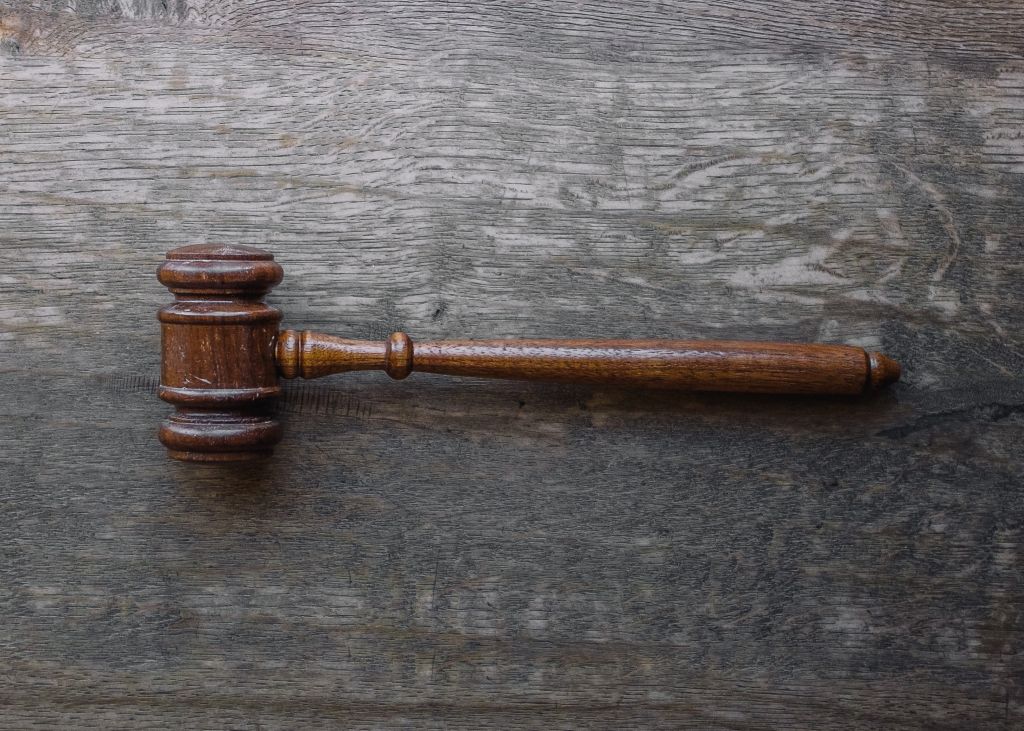
Why a refusal?
- Getting a TRV refusal can often be quite frustrating – especially that in most cases, officers will not provide much explanation as to the reasons for refusal;
- Officers will mostly provide a standard boilerplate refusal letter by checking off boxes to justify the refusal (ties to home country, travel history, purpose of visit, finances etc.);
- It is important to understand that as a default, it is not easy to obtain a TRV to Canada, particularly from certain countries;
- The decision rests on the officer and unfortunately, the outcome can be quite random, depending on the mood of the officer, the officer’s personal discretion as well as internal immigration policies to issue or not TRVs for certain applicants;
- Even if you have provided with many key documentation, you can still obtain an unfair refusal letter leaving you in the dark about what to do nest.
Should you consider re-applying?
- If you are determined to travel to Canada, then you can always consider a re-application. The good news is that you can always re-apply for a TRV to Canada;
- Of course, your immigration history will be available and the officer rendering the decision on the next TRV will have access to the previous refusal;
- Previous refusals can challenge new TRV application however obtaining a TRV issued following a refusal of a TRV is not impossible;
- We do recommend that if you do have a refusal and you did not use the services of competent legal representative, that you do retain the services of an immigration lawyer for a re-application;
- An immigration lawyer will prepare TRV applications much differently then you – in our TRV application we include a detailed legal submission letter (cover letter) outlining the reasons as you should be issued a TRV and the arguments as to why you will return home at the end of your temporary stay;
- As a law firm, we would also address the previous refusal in the new TRV application to fill in any gaps and provide further clarification and information for the officer’s consideration;
- Immigration lawyers also include specific supporting documentation along with a detailed Statutory Declaration (if you are visiting someone in Canada) which can go a long way in making the officer understand the particular details of your case;
- The IRCC website provides a document checklist for TRV applications, however our office will provide you with a much more exhaustive and complete list which can be different then the IRCC website – this is a list which we have prepared over time through our expertise having filed hundreds of applications and knowing exactly what the officer is looking for;
- Immigration lawyers have specific procedures to prepare and file TRV application which might make the decision process much smoother for the officer;
- However, it is important to know that even if your application is prepared perfectly by an immigration lawyer, you can still obtain a refusal of your TRV as the ultimate decision rests on the officer;
- Having a lawyer submit your TRV application is not a guarantee of success but it will definitely increase your chances of success given the experience we have in filing these types of application.
What other options do you have?
- There is an ultimate option if you wish to pursue all recourses in order to get an approval on your TRV if you keep getting refusals – it’s a Judicial Review at the Federal Court of Canada;
- Once a TRV application is refused, within 60 days, you can file a Judicial Review at the Federal Court of Canada;
- A Judicial Review is a litigation case prepared by an immigration lawyer at the Federal Court in Canada;
- Only TRV applications which were prepared perfectly and included strong and complete supporting documentation should be judicially reviewed at the Federal Court;
- The Federal Court process can take about 3-8 months and if the decision is positive, then the TRV application will be sent back to the Embassy for a re-determination by another immigration officer;
- A re-determination following a positive decision from the Federal Court is usually granted however in some rare cases, an officer may refuse again;
- Sometimes the only way to get a TRV approved is through the Judicial Review process;
- A Federal Court is a last option and should only be considered if your application for a TRV was very strong and we can easily determine that the officer’s decision was unreasonable, in fact and in law;
- The Federal Court process can be an expensive and long process therefore its important to discuss this option fully with your immigration lawyer to ensure that this is the best strategy for you.

